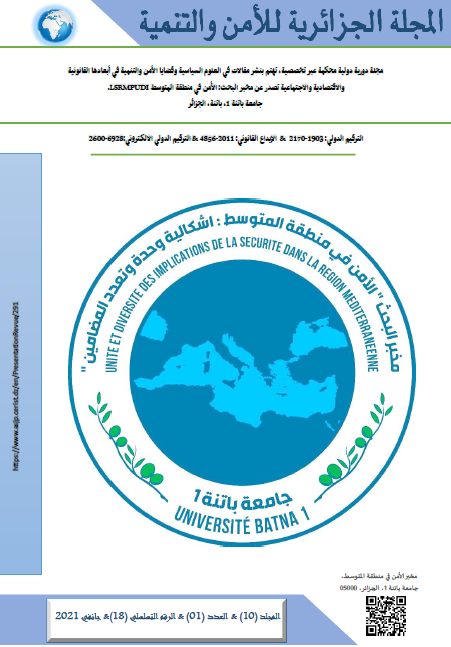التمكين الوظيفي ودوره في تنمية المهارات الإبداعية للمورد البشري في المؤسسة Job Empowerment And Its Role In Developing The Creative Skills Of The Human Resource In A Company
DOI:
https://doi.org/10.59791/arsd.v10i1.3425الكلمات المفتاحية:
التمكين الوظيفي، المهارات الابداعية، المشاركة، تكنولوجيا المعلومات، المقدرةالملخص
يعتبر أسلوب التمكين الوظيفي استجابة حتمية وعنصر حيوي يساهم في توجيه سلوك المورد البشري وتنمية مهاراته ضمن استراتيجية فاعلة تبعث على التحسين المستمر، وأي قصور في توظيفها يؤدي لا محالة إلى ضمور المهارات الابداعية. وبما أن الابداع يمثل أحد المحاور الكبرى الدافعة نحو تحقيق المؤسسة للميزة التنافسية، جاءت هذه الدراسة لتركز على إبراز ثقافة الإبداع عند المورد البشري وآليات تنميتها لتحقيق التميز المؤسسي عند تطبيقها لأسلوب التمكين، وتوصلنا من خلالها إلى أنّ دعائم نجاح أي مؤسسة متوقف على استراتيجياتها البنّاءة في تطوير مهارات الأفراد وتحرير مواهبهم في ظل توافر إدارة تشاركية تعزز ثقافة الابداع والتفكير الواعي. Abstract:The method of job empowerment is a vital component that contributes to the development of the individual's skills within an strategy that promotes improvement, and any deficiencies in their employment lead inevitably to the atrophy of creative skills, therefore this study came to focus on highlighting the culture of creativity when the human resource and its development mechanisms to achieve institutional excellence when applying the method of empowerment, and we have reached through it that the pillars of the success of any institution depends on its constructive strategies in developing the skills of individuals and the liberation of their talents in light of the availability of a participatory administration that promotes the culture of creativity and conscious thinking

